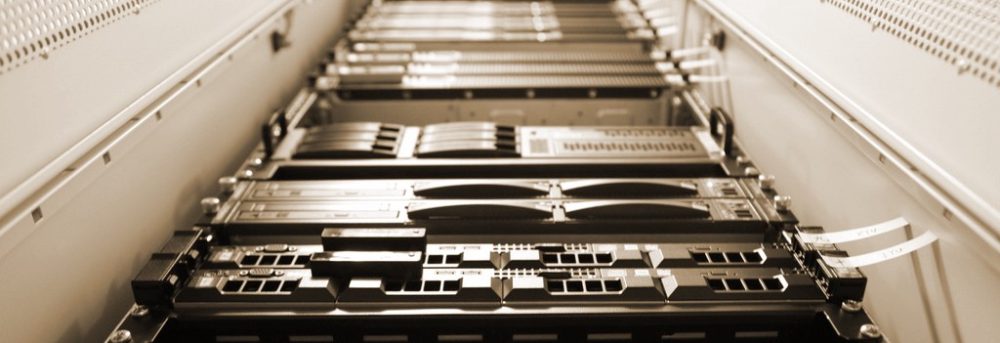Understanding Your Cloud Options

Cloud may be a buzzword, but it isn’t a fad. In business and life, people are relying on the remote technology of cloud computing to keep their data accessible and secure. As an entrepreneur building a business, especially a tech-enabled business, you need to understand the different cloud options available and how they fit into your data needs and goals.
Let’s break the cloud into three types, and talk about use cases.
Public Cloud
Public cloud solutions are the most common and widely known. You likely have experience with public cloud storage, ranging from Google Gmail, to Amazon Web Services, to Dropbox. Instead of saving files on a local computer, data is stored in the cloud, allowing for accessibility and avoiding headaches caused by local hardware failure. Businesses can utilize public cloud solutions to enhance collaboration among teams. Public cloud solutions are economical and flexible; they require little set up, are almost immediately available, and can achieve extreme scalability. Companies looking to increase accessibility and collaboration while reducing cost will benefit from a public cloud.
Private Cloud
Think security and performance. A private cloud uses the same technology as a public cloud platform: virtualization via hypervisors (like VMWare, Hyper-V, Xen, or KVM), giving it the scalability, flexibility, and availability of a cloud product. However, private clouds are not a shared resource; this ensures you will meet performance requirements, while having complete control of your data. Private clouds are most often utilized in industries where compliance standards are vital, such as healthcare and finance, but may be utilized to secure and restrict access to important data within any business. A private cloud is a more expensive option, but may be vital to your data needs.
Hybrid Cloud
Many businesses have different types of information: private data where security is key, and public data that requires collaboration and access. With a hybrid cloud solution, businesses have the ability to keep a portion of their data on a private, high-performance server. The public cloud portion makes data accessible to larger groups, enabling collaboration and instant access, and keeping non-critical data from hindering private cloud performance. Hybrid clouds can also accommodate in-house and outsourced resources, if local storage is needed. A hybrid cloud solution allows for security and performance where necessary, and flexibility when needed. This solution may be the most cost effective for businesses with a mix of data needs.
As technology quickly improves and expands in capability, entrusting your cloud to experts who understand the options is a way to ensure you get the best solution for you.
About Steadfast
Steadfast is one of the leading IT Data Center Service companies in the Midwest. We specialize in highly flexible cloud environments, robust dedicated and colocation hosting and disaster recovery out of our fully redundant data centers in Chicago and northern New Jersey.
Steadfast is proud to be a member of Hyde Park Angels; we are driven to help other companies in the Midwest succeed. We’ll focus on keeping your infrastructure available and online, while you focus on growing your business, and working for your clients.
Steadfast is happy to offer a free assessment and analysis to help Hyde Park Angels members determine the best path, and ease the burden of migration. In addition, Steadfast will examine your current environment to help determine if your business is best suited by a Microsoft or Linux solution, and mitigate concerns about cost of hardware, licensing, and staffing required to maintain your own in-house solution. The Steadfast Service License Agreement (SLA) ensures that we’ll keep you connected and online. Our team is on site 24/7/365, offering you the very best in around-the-clock support.
About Karl Zimmerman
Karl is the founder of Steadfast, having been with the company since its beginning as a small web hosting company back in 1998. Karl started his company at 14 years old, in his bedroom, during a time when the internet was still young and developing. While attending Northwestern University in Evanston, IL, he grew the company into a high quality multi-million dollar Data Center Services Company utilizing its own network infrastructure and data center facilities. Karl has served as the CEO of Steadfast since it was incorporated in October of 2000.
“Overweb :: Midori cluster,” by Bruno Cordioli via PhotoPin (license)